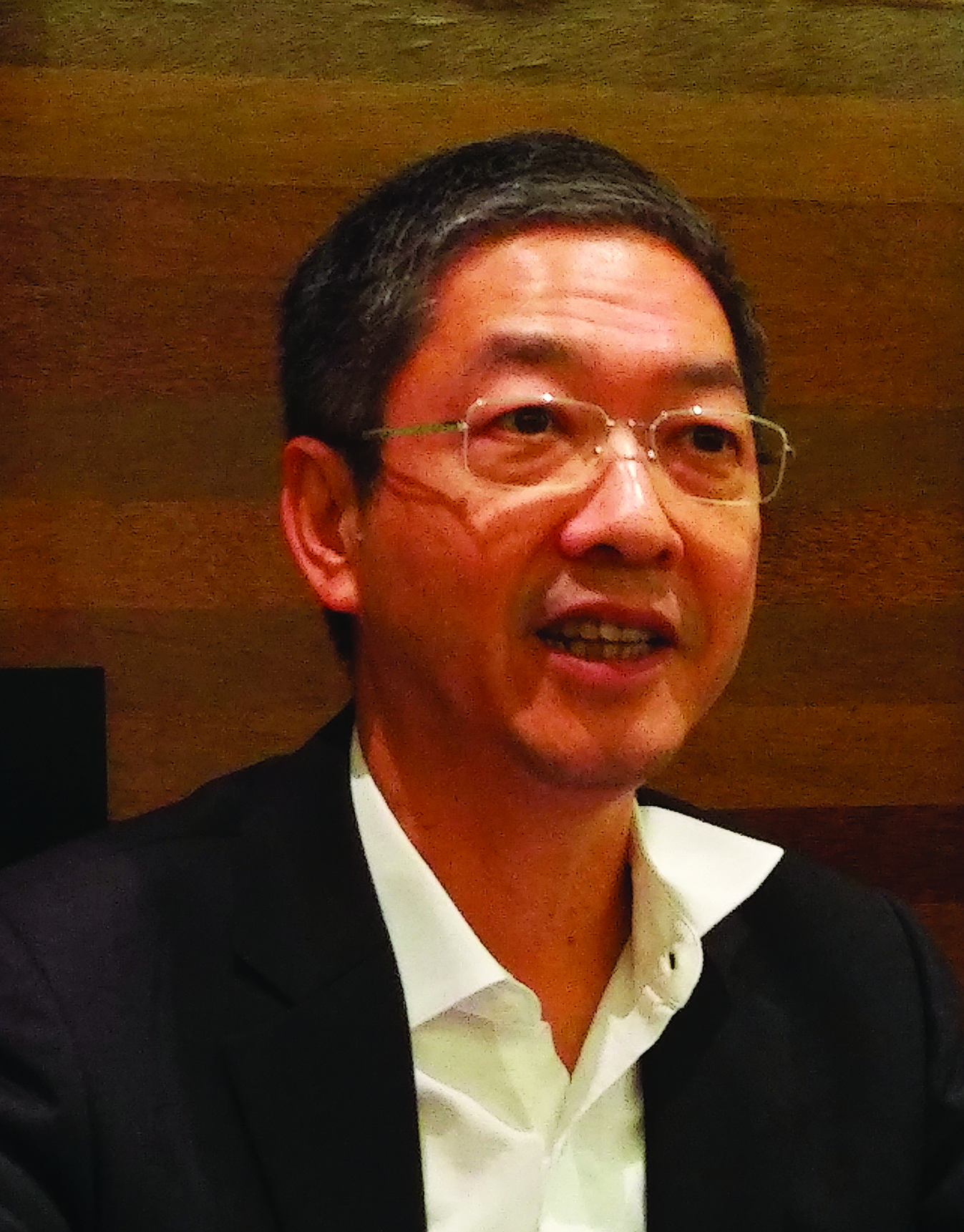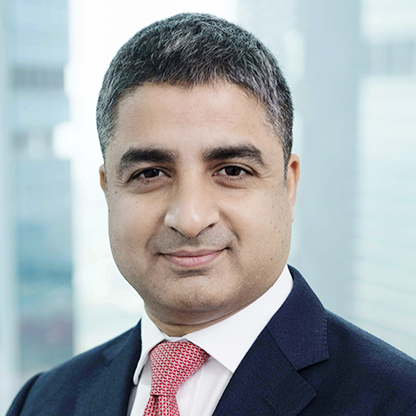With returns on assets stuck at global lows, Taiwanese banks have long sought to expand their business overseas. Megabank learned late last year that there’s a back side to this medal – and at US$180 million it doesn’t come cheap. Fined for lax enforcement of anti-money laundering (AML) regulations by US authorities, Taiwan’s third largest bank has rung alarm bells among government officials and industry peers alike.
In a frenzy to show the world that Taiwan takes AML seriously, the newly elected government passed a piece of legislation in July 2017 that brought the country’s AML regulation up to the most advanced standards. Not just a few bankers believe the rush to right what was wrong is overambitious though.
 “The new piece of legislation places a lot of pressure on all parts of banking: front, middle and back,” relates John Huang, chief executive officer for private banking at Cathay United Bank. “If you want to do KYC (know your customer) right, you need to build awareness within operations of these departments of the kind of transactions that are reasonable and which aren’t. I think a lot of that awareness is still missing as it takes time to develop.
“The new piece of legislation places a lot of pressure on all parts of banking: front, middle and back,” relates John Huang, chief executive officer for private banking at Cathay United Bank. “If you want to do KYC (know your customer) right, you need to build awareness within operations of these departments of the kind of transactions that are reasonable and which aren’t. I think a lot of that awareness is still missing as it takes time to develop.“The issue is that the AML regulation wasn’t phased in at all. It went from zero to 100 in a matter of a day, without a grace period. All these regulations are well intentioned but the government should have allowed for a transitional period.”
Due to the nature of the private banking business that deals with individuals on a daily basis, CUB’s private bank is well equipped to meet the requirements of the new anti-money laundering regulation, Huang adds.
The record fine levied onto Megabank was triggered as a result of transactions between its New York and Panama branch. While overseas transactions denominated in US-dollars pose a target for US regulators in the future, a different element of Taiwan’s anti-money laundering regulation has local banks rattled to much greater degree: tax evasion.
In line with regulations passed across most developed economies in recent years, tax evasion is an AML offence with the same status as terror financing. Some industry place the number of high-net-worth individual and business clients not compliant with current Taiwanese tax regulation as high as 80%. Particularly among small and medium entrepreneurs, schemes that shelter profits from overseas (mostly mainland Chinese) operations in tax havens overseas are popular.
While tax authorities in the past turned a blind eye to these undeclared earnings, this is bound to change. Their hands were tied as few jurisdictions were willing to participate in double taxation and exchange of information agreements due to Taiwan’s nebulous sovereignty status in the international realm. All these are to change sooner than many expected.
Taiwan’s success has been built on a “triangle trade” model wherein Taiwanese businesses with mainland Chinese operations would be run out of Taiwan but grouped in a holding structure domiciled in tax havens. Transfer pricing designed to reduce the tax burden in Taiwan (and mainland China) is a common technique among local businesses. And while tax authorities in the past had taken a more accommodative stance towards the practice, they have taken a much more aggressive stance in the evaluation of intercompany transfer pricing rules, demanding detailed documentation on arm’s length provisions for instance.
As reported by The Asset in last year’s Taiwan Report, the Ministry of Finance actively seeks participation in the OECD’s base erosion and profit shifting (BEPS) initiatives, including the Automatic Exchange of Information (AEOI) framework. Little more than a proposal 12 months ago, the MoF’s determination to join the global push for tax transparency has led to tangible dates. Full implementation of the common reporting standards that enable AEOI are expected by the end of 2019 with exchange of information to launch by 2020 at the latest.
The profound impact on capital inflows, domestic taxation revenues, and the OBUs (overseas banking units) of the banking system are most easily represented by the TWD-USD exchange rates over the past 12 months.
Some bankers suggest the government consider an incentive for repatriating funds held offshore – similar to the idea of a one-off tax amnesty floated by the Trump administration in the US. But not a small share of businesses and wealthy individuals have already begun to shift profits back to Taiwan, unfazed by more or less likely incentives that may apply in the future.
 Since the beginning of 2017, the New Taiwan Dollar has appreciated by nearly 7% against the US-dollar. A major contributor to the rally, some say, has been the government’s vow to tax offshore wealth held by Taiwanese businessmen and to prosecute them with unknown fervor for breaching tax evasion regulation. “CRS (common reporting standard) has led to offshore money flowing back into Taiwan,” says Allen Wu, executive director at Yuanta FHC. “This has coincided with efforts by the CBC (Central Bank of Taiwan) to lose its reputation as a currency manipulator following the election in the US.” Rather than counteracting the capital inflows, the central bank has allowed the local currency to appreciate as a result.
Since the beginning of 2017, the New Taiwan Dollar has appreciated by nearly 7% against the US-dollar. A major contributor to the rally, some say, has been the government’s vow to tax offshore wealth held by Taiwanese businessmen and to prosecute them with unknown fervor for breaching tax evasion regulation. “CRS (common reporting standard) has led to offshore money flowing back into Taiwan,” says Allen Wu, executive director at Yuanta FHC. “This has coincided with efforts by the CBC (Central Bank of Taiwan) to lose its reputation as a currency manipulator following the election in the US.” Rather than counteracting the capital inflows, the central bank has allowed the local currency to appreciate as a result.With automatic exchange of asset information on the horizon for the first time ever, more of Taiwan’s overseas assets will find their way back. Wealth management experts have seen an increase in domestic tax-efficient investment structures, including trusts and certain types of equity warrants. Lobbying efforts to reduce the gap between individual and corporate income tax rates as well as between dividend taxation of local and international investors have also found more momentum.
While there may be a thin line between legal tax avoidance and illegal tax evasion, other types of money laundering under the purview of the new law are more clear-cut offences such as crime and terror financing. All major financial holding companies approached by The Asset this year have embarked on multi-million dollar investment programmes to tackle the challenges of complying with the new law. Many have adopted practices from their overseas branches, in particular those in Hong Kong and Singapore.
“Taiwan’s system of domestic and overseas banking units (DBU and OBU) has a lot in common with the domestic banking units and Asian currency units (ACU) in Singapore,” explains Huang. “So a lot of how Singapore tackles the risk of money laundering in the ACU is being copied by Taiwan in the OBU space.”
Comparable regulations are not the only reason Taiwanese banks are looking to Singapore for guidance. The city state has also pioneered the use of innovative technology to deal with the KYC and AML requirements banks are burdened with – piloting a blockchain-based database across major banks earlier in September this year, for instance.
But bankers warn that after years of neglecting stricter international mandates for banks to take responsibility of knowing which sanctions their customers might be breaching, Taiwanese banks have a long road ahead to make up for lost time. Technology will unlikely serve as a panacea on this road.
Says Joseph Jao, president of Taishin FHC: “We have to rely on technology but it will not be able to solve all problems. Due diligence is to understand customers and trace where their funds came from. You can buy all the blacklists in the world, but that is only ever just part of the due diligence.”





.jpg)
.jpg)


